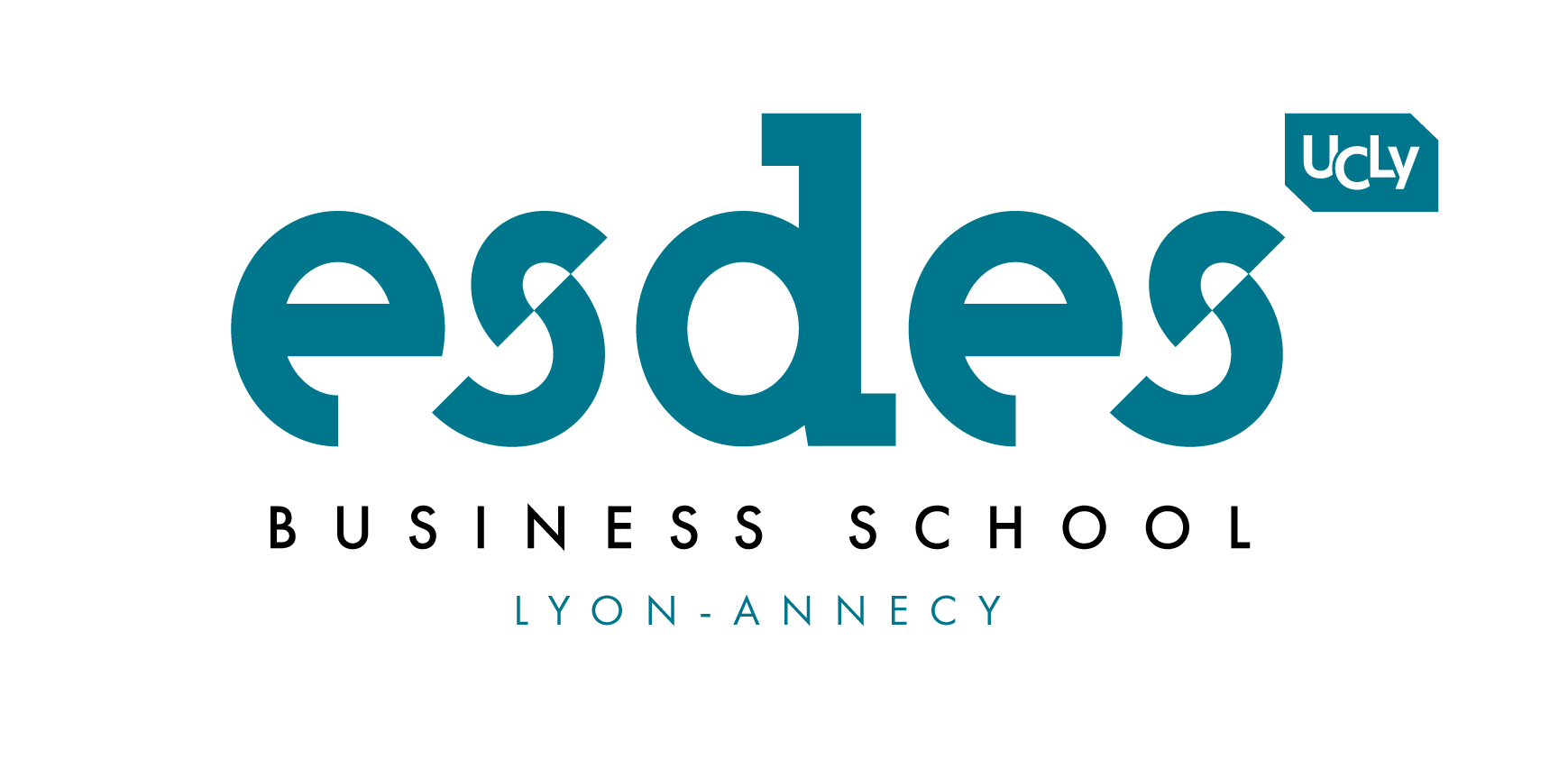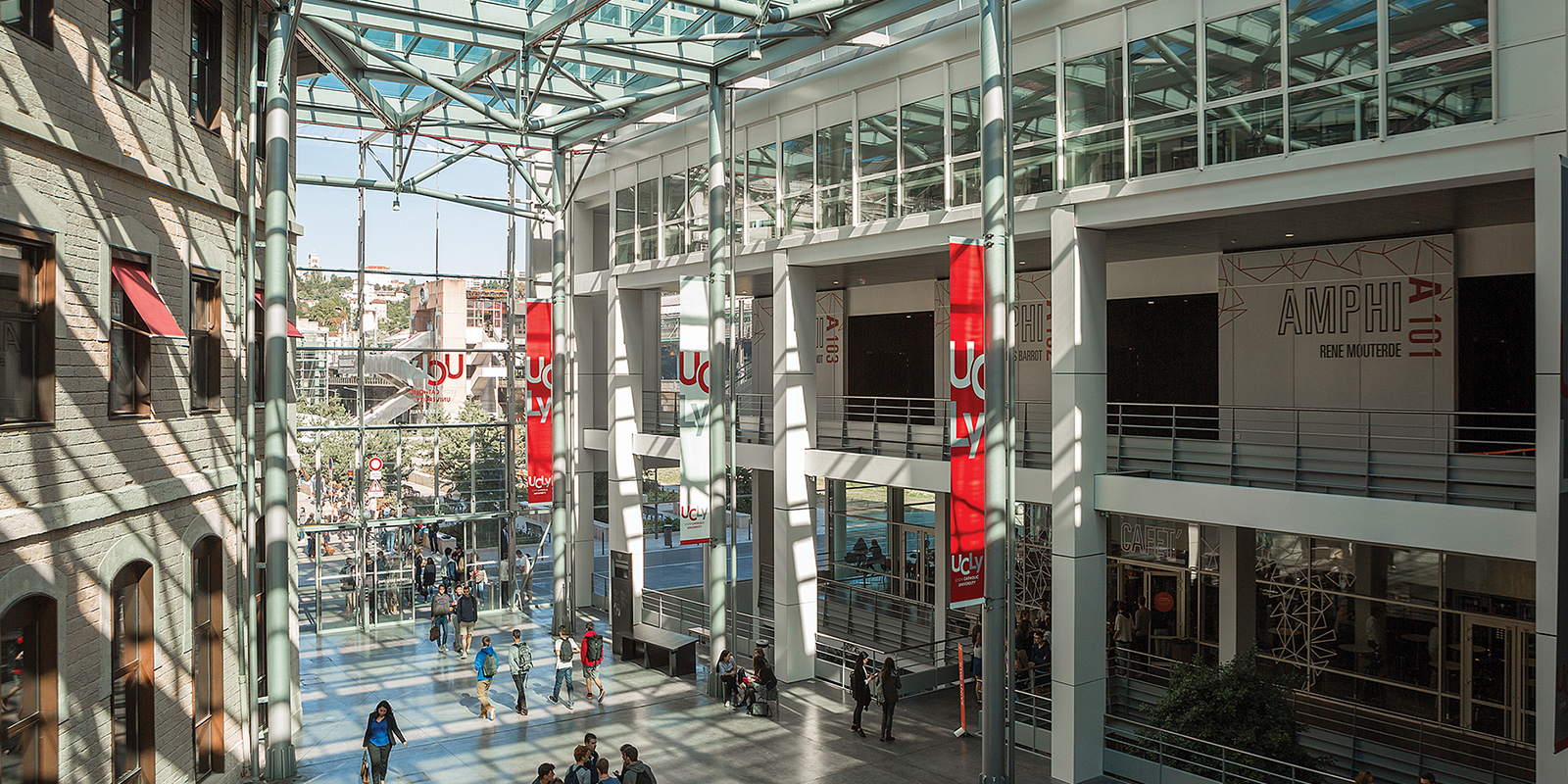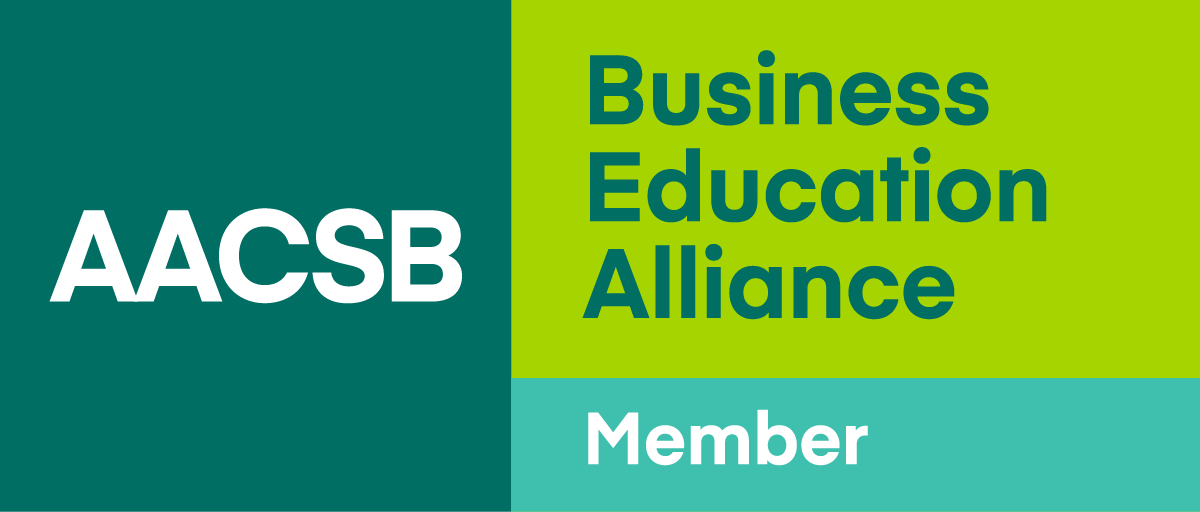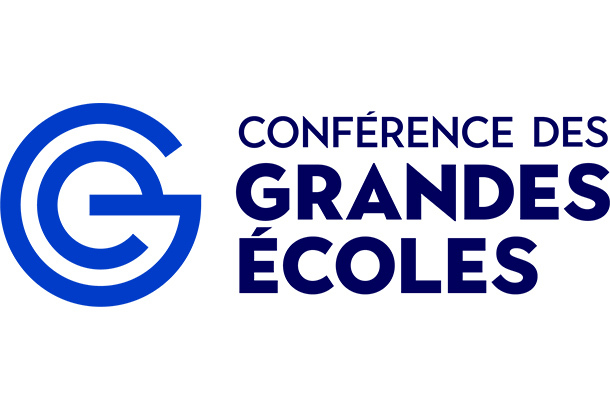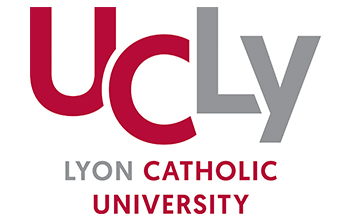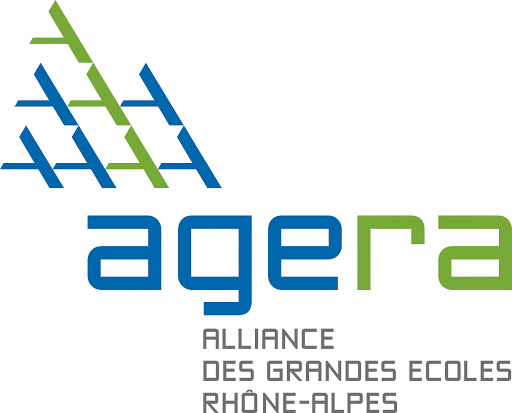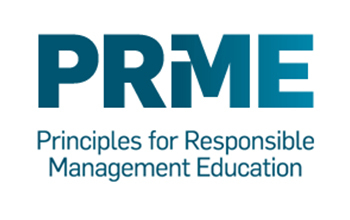- Homepage
- ESDES’s blog
- Responsible Natives
- Educating the Sustainable Tourist
Sarah Clifft
3 min.
13 October 2023
Tourism emissions will increase by 25% in 2026. This is today’s reality of an industry which suffered a grueling COVID period. Much debate has been led on how to curb the rising trend of carbon impact on the hospitality sector as it continues to innovate whilst recovering its revenues and market stability post COVID. This startling figure naturally leads us to believe that today’s tourist is chasing dream locations to the detriment of the environment, but in fact it is the opposite. The recent 3rd Sustainability week hosted by the Economist Impact Events, offered a rich exchange between tourism experts from Skyscanner, IHG hotel group and Expedia on this subject. The debate underlined that 90% of tourists are looking for sustainable travel options but 70% are feeling overwhelmed by the wealth of information that tourist operators, websites and travel advisors are uploading that leads many to be skeptical about the authenticity of the information. A skepticism which stems from the fierce competition that rages between organizations as they attract tourists to their destinations with a fury of multi media campaigns and promotions. How therefore, can tourists feel that they have clarity on what offers have the least environmental impact when they plan their next holiday?
One of the unanimous conclusions that came from the 3rd Sustainability week was that travel companies need to work together to educate the market and create a coalition between industry players, allowing customers to make better choices for the planet. Through a collective approach, tourist operators can generate awareness in a more uniform manner.
Skyscanner, for example is a metasearch company that has access to meta information which consumers can filter. The information at hand includes which airlines are using green fueled planes, what sustainable options are available in hotels as examples. The onus therefore is on the industry to provide easy access to this information for platforms such as Skyscanner. The education piece is thus enormous. For example, IHG hotels and resorts has abolished small plastic bottles and are starting this educational piece with their clients.
The requirement also needs to be met on expectations for Net zero hotels. Energy efficiency, electrification optimization and access to renewable energies are all key topics to drive a valuable conversation and narrative with today’s tourist. The question still remains on how to scale this conversation. One way will be through the EU Commission CSRD requirements for 50 000 companies to declare their ESG strategies starting January 1st 2024. Artificial intelligence could also generate an easier access to this information. However, there are some doubts which remain on its reliability as a content provider since AI currently focuses on the curation of information that is currently at hand. With this in mind, the tourist industry must accelerate the creation of sustainable content to enable #AI and other #digitaltechnologies to accelerate its diffusion.
Sustainability and sustainable innovation are not just environmental issues though as we are all beginning to comprehend. The societal aspect of sustainable initiatives is equally as important. There is promising development in this field with over 200 applications now available to tourists such as @becomingrentable – creating accessibility for rental properties, or @GreetHer – a travel operator providing a safe travel option for female single tourists. The tourism industry therefore needs to populate the whole ESG spectrum by not only protecting the planet but by driving societal good to local communities through the protection of their local amenities and their long-term resilience.
However, this is the tip of the iceberg and the iceberg is melting. It is down to the tourist industry to further develop their responsible business models and drive educational alliances in a form of #co-opetition for the global good, by focusing on partners, people, planet and priorities (the new 4 P’s). Finally, it is clear that the tourist is the key stakeholder who needs to be educated continuously to drive the wind of change in this fragile yet wonderful industry.
